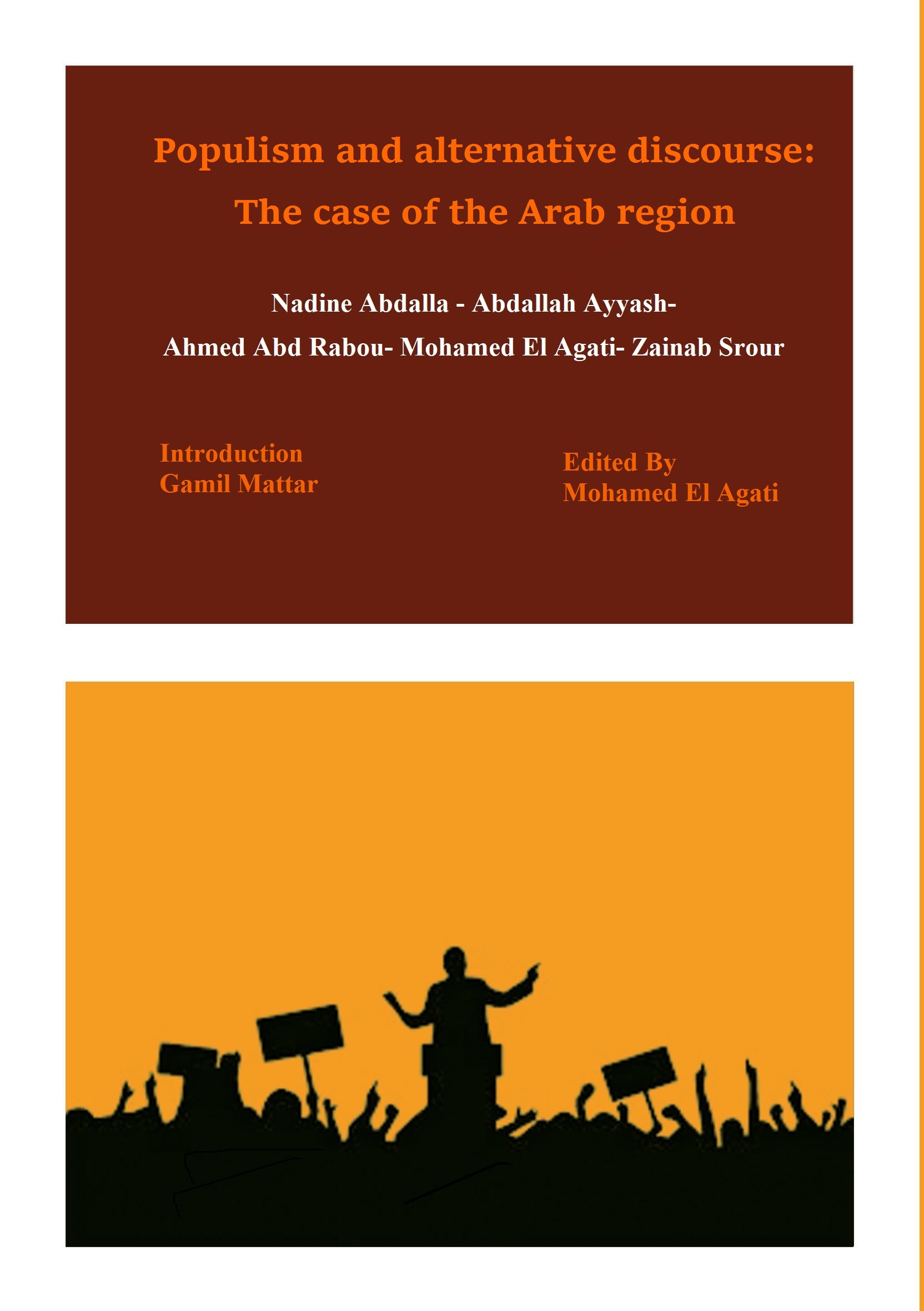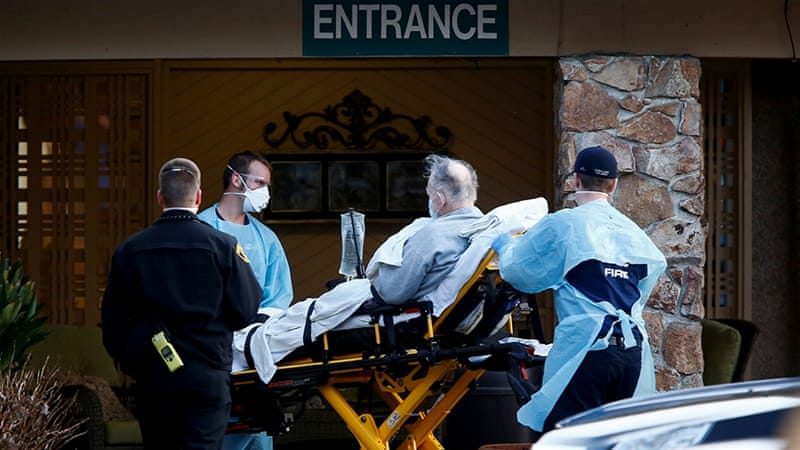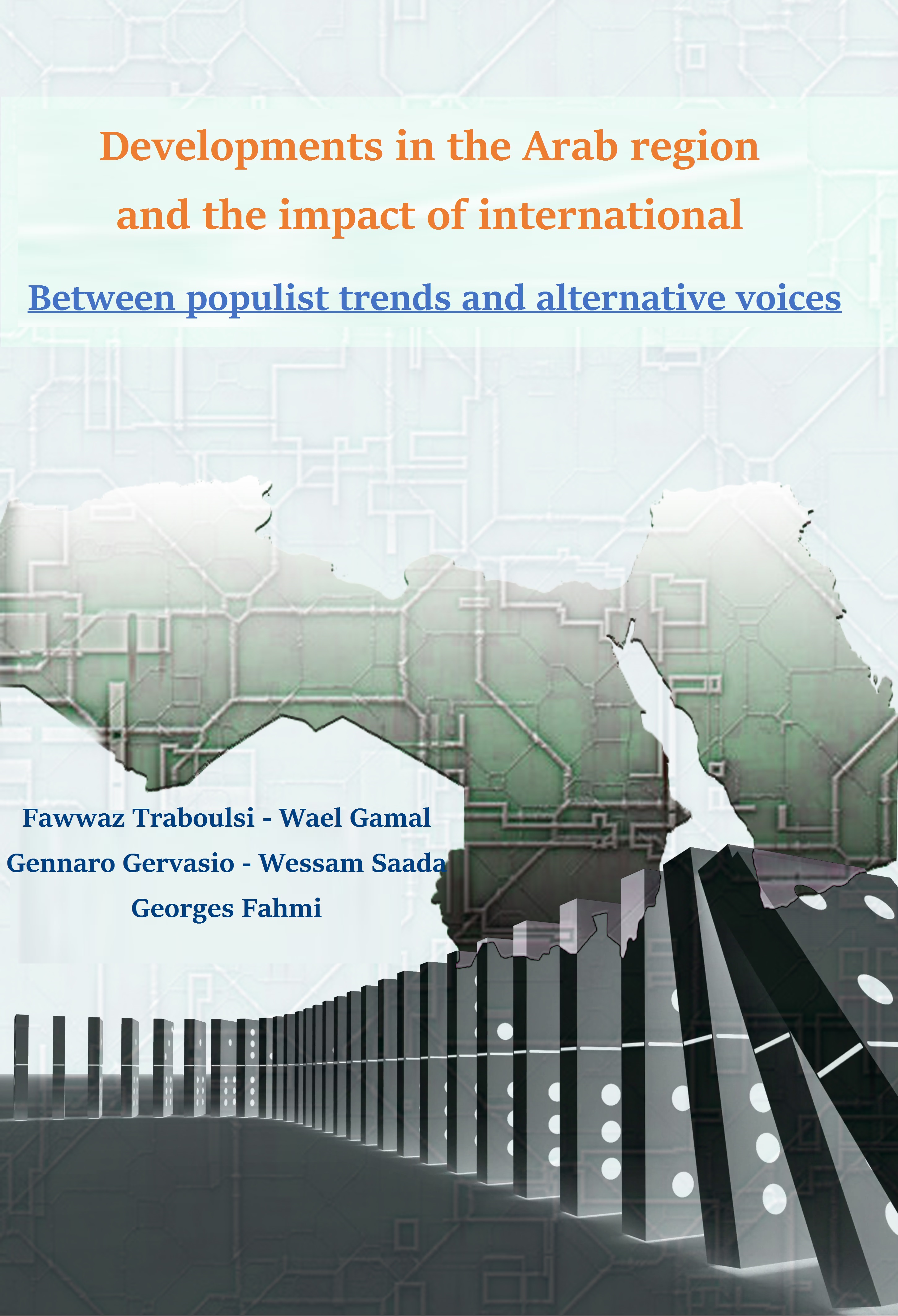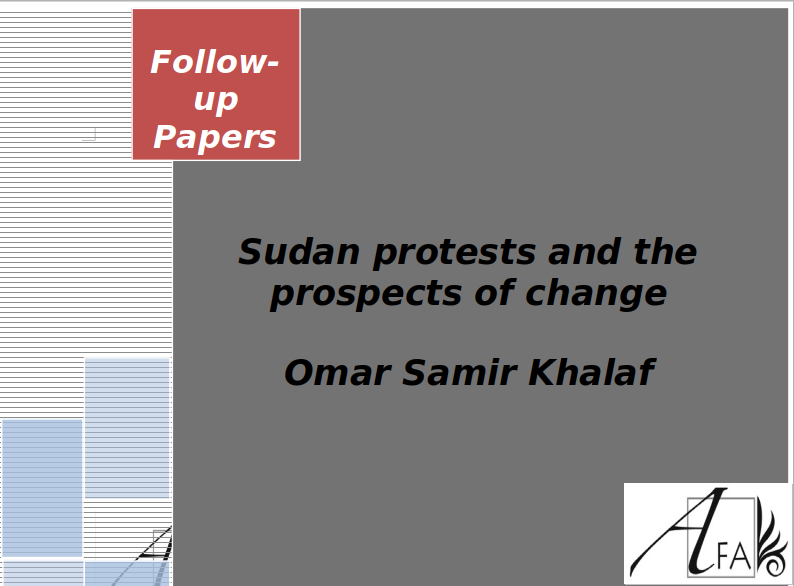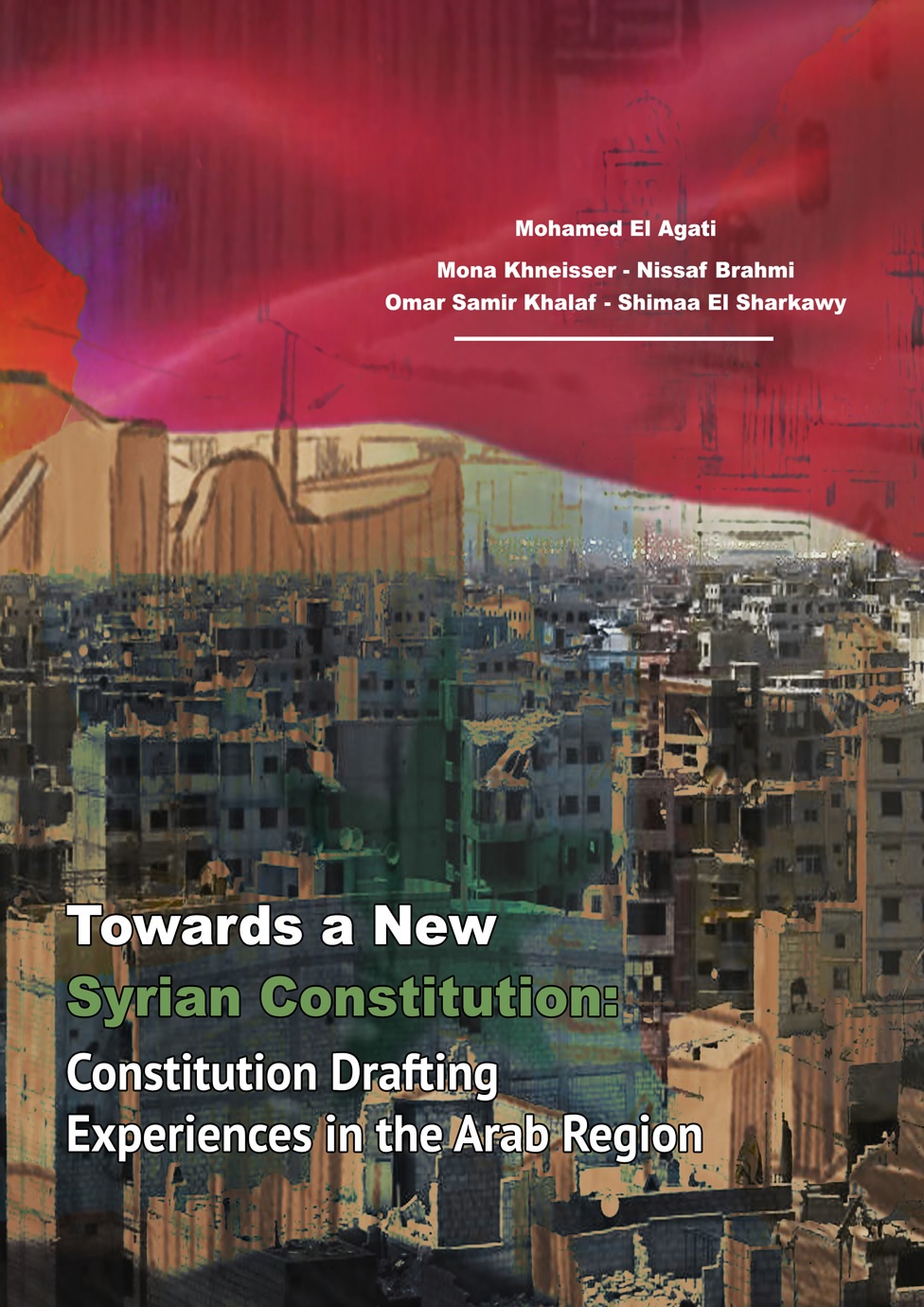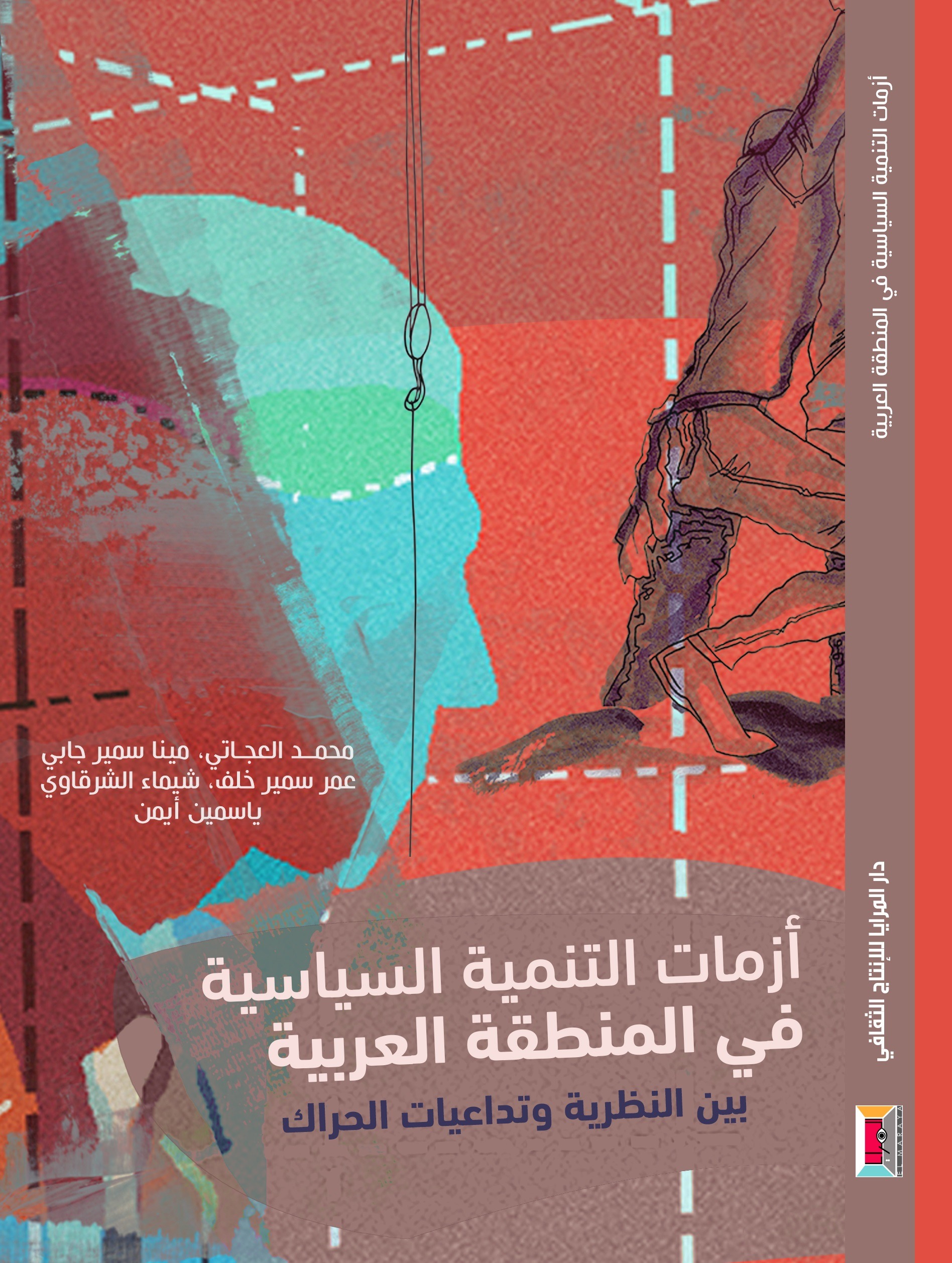The Egyptian Experience in Dealing with the Covid-19 pandemic: Between Politics and the Media
Egypt In dealing with the Covid-19 crisis, the Egyptian government tended to focus more on the message communicated via the media and political considerations than on the professional and scientific dimensions of the pandemic – despite their presence at times. The government also witnessed the emergence of a social dichotomy in dealing with the pandemic and in holding other communities responsible for its spread. The Egyptian media dealt with the Covid-19 challenge at multiple levels related to demonstrating the strength and presence of the state as well as its ability to combat internal and external dangers. The suddenness of the…



